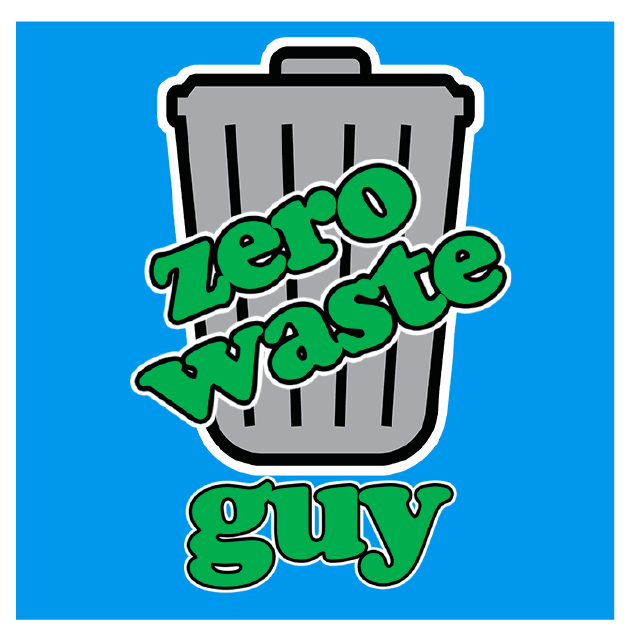 |
| Start every day with a zero waste cup of joe by using a reusable mug or tumbler |
The Lenten season has always seemed odd to me. The idea that you go “all out” on Fat Tuesday to prepare for six weeks of abstention and reflection is ironic, to say the least. I totally understand that some people use lent as an excuse to take a break from booze, the Internet or some other guilty pleasure, but drinking a month’s worth of alcohol in one night seems bad for your liver and your well-being. I, instead, over the years, but with even more focus this year, find myself seeking ways to integrate reflection into my daily life. This allows me to catch bad habits quickly and adjust course accordingly.
Single-use coffee cups: Starbucks estimates that their company alone generates four (4) billion single-use coffee cups per year! Disposable coffee cups are made of paper on the outside with a plastic liner on the inside and are not recyclable. The lids of most disposable coffee cups, including those sold are Starbucks, are made from polystyrene (the same stuff that is used to make Styrofoam) which is not recyclable. Replace these cups with a durable stainless steel tumbler like the ones sold by Klean Kanteen (make sure you buy the lid to go w/ it).
Plastic water bottles: Americans send about 38 million disposable water bottles to landfill every year. It takes about 1.5 million barrels of oil just to make those bottles! Filtered water refill stations are popping up more places, making it easy to find tasty water while on the go. Replace single-use water bottles with a durable water bottle made in Oregon from recycled Aluminum by Liberty Bottles.
Wood chopsticks: The Chinese use so many disposable chopsticks that even the government has acknowledged how bad an impact they have on the environment. Every day the Chinese consume 130 million pairs of disposable chopsticks. To put this into perspective, they cut enough trees to cover 100 football fields…every day. Bamboo is often considered to be a sustainable material because it grows quickly, but something that is used quicker than it is replenished is not sustainable. Something that is single use is not sustainable.
Plastic utensils: Plastic utensils are such a large cost center for restaurants that it’s not clear to me why they would serve anything other than reusable cutlery for guests who are dining in. It is estimated that upwards of 40 billion disposable utensils are used every year in the United States. Consider purchasing a titanium Spork which is light weight, durable and easy to clean. Replaces disposable forks, spoons and knives, all in one.
Plastic straws: This might actually be the hardest item on the list to give up. I ask for drinks without straws all the time, but more often than not, my drink arrives with a straw in it. I’ve asked a few bartenders about this and they say it’s second nature to them. Americans use 500 million drinking straws every day. To understand just how many straws 500 million really is, this would fill over 125 school buses with straws every day. That’s 46,400 school buses every year! They say that his equates to about 1.6 straws per person per day. This might seem like a lot, but reflect on the last time you went out to a bar or restaurant. How many straws did you and your friends use?
Plastic shopping bags: I find it really interesting that in markets where plastic bags have been banned, a majority of people bring their own, but in areas where they have not yet been banned, customers rely exclusively on the grocer or retailer to provide with plastic bags. Most grocery and produce bags are made from film plastic. While this plastic is typically recyclable, these bags are often trashed. Most recycle centers sort through materials on fast moving conveyor belts. A rogue film plastic bag will jam up a belt or pulley. Grocery bags are also one of the top 10 forms of marine debris, floating around in the ocean for years and years. Over one trillion plastic bags are used every year worldwide.
Plastic toothbrushes: Over 4.7 billion plastic toothbrushes that will never biodegrade are dumped in landfills and oceans every year worldwide. Bamboo toothbrushes are made with a biodegradable handle, plant-based bristles and recyclable or compostable packaging.
Jonathan Levy is a lifestyle blogger and zero waste supply chain consultant. We live in a world of social media overload. Stay connected to the content that matters the most to you by subscribing to this blog by entering your email address below.
Delivered by FeedBurner

Recent Comments